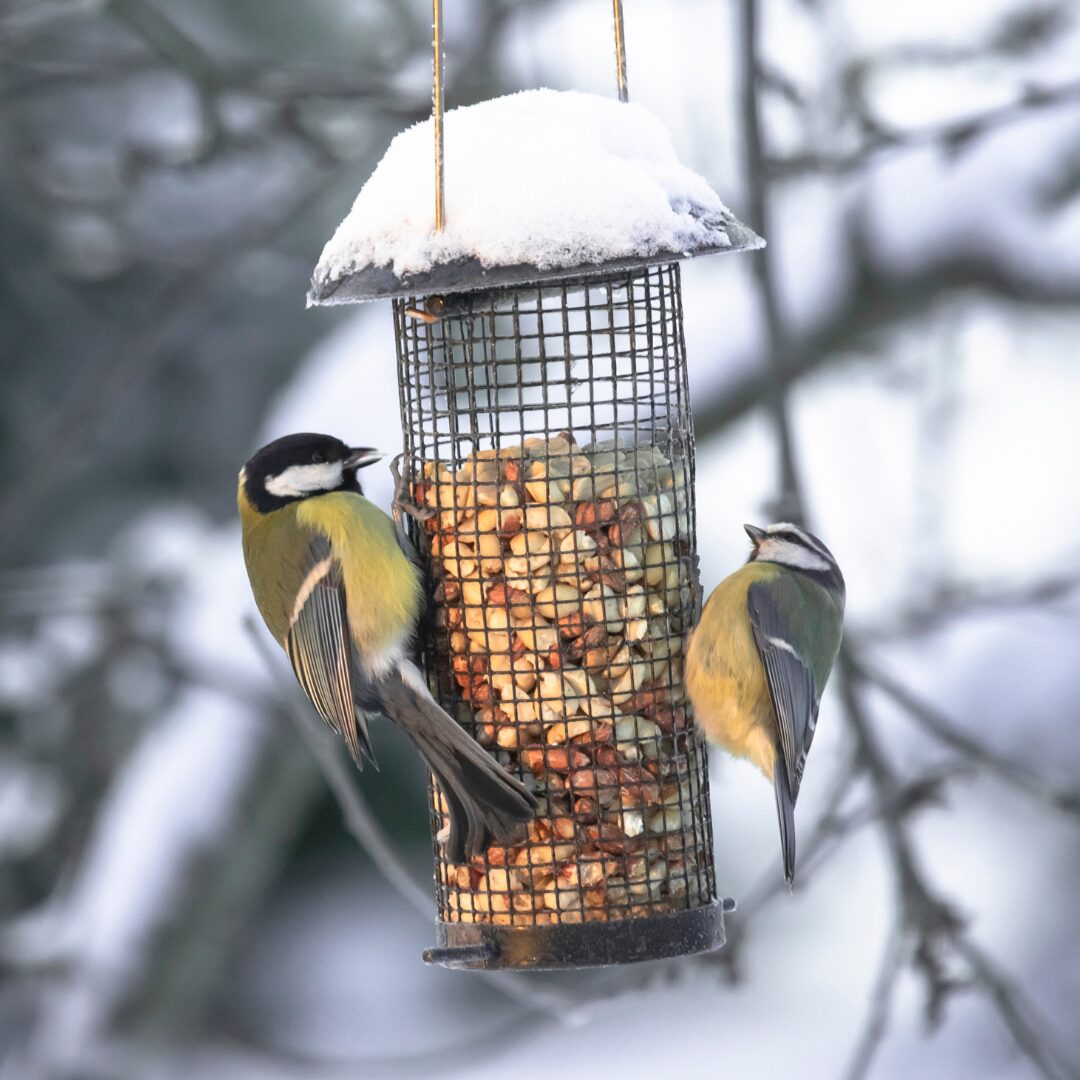
During some times of the year across Johnson Creek, backyard bird watchers take their bird feeders indoors to help reduce the transmission of illness between our avian neighbors. A single bird feeder can be visited by dozens of birds in a single day. The nature of communal eating locations like bird feeders means that certain diseases can spread quickly through birds visiting the same feeder.
As we begin the new year, there are some additional considerations. Beginning in 2022 Avian Flu (type A influenza H5N1) was detected in North America for the first time. However, in 2024 the spread accelerated rapidly much to the concern of biologists and epidemiologists alike. Millions of wild and domestic birds have died in a short timespan. Additionally, this last year has seen Avian Flu (H5N1) infect many species of mammals, including cows and cats; resulting in high mortality rates. Outdoor cats are known to have wide ranging territories, and high predation rates of wild birds. This makes them susceptible to Avian flu (H5N1).
In late 2024, the first US death as a result of Avian Flu (H5N1) was recorded in Louisiana. Reinforcing that Avian Flu (H5N1) can be transmitted to humans and is very dangerous. Details are still emergent, but this obviously has major consequences for all creatures within the Johnson Creek Watershed. As we learn more about Avian Flu (H5N1) in our area, Johnson Creek residents might consider…
- Avoiding dead birds
- Limiting, or removing backyard bird feeders
- Securing backyard chicken flocks from modes of transmission
- Cooking all chicken and eggs thoroughly
- Not letting cats outside
- Disinfecting equipment/hands that may have come in contact with birds or bird feces
- Reporting suspicious bird deaths to agencies such as ODFW.
- Masking in public with a high quality mask such as an KN95 or N95 to prevent the spread of all types of A influenza, as well as Covid-19
Sources/ Further Reading:
H5N1 from a birding perspective: https://www.allaboutbirds.org/news/avian-influenza-outbreak-should-you-take-down-your-bird-feeders/
CDC Summary: https://www.cdc.gov/bird-flu/situation-summary/?CDC_AAref_Val=https://www.cdc.gov/flu/avianflu/avian-flu-summary.htm
USDA record of dead wild birds: https://www.aphis.usda.gov/livestock-poultry-disease/avian/avian-influenza/hpai-detections/wild-birds
NPR (first human death): https://www.npr.org/sections/shots-health-news/2025/01/06/nx-s1-5250251/bird-flu-death-louisiana
NPR: Concerns for the future):
